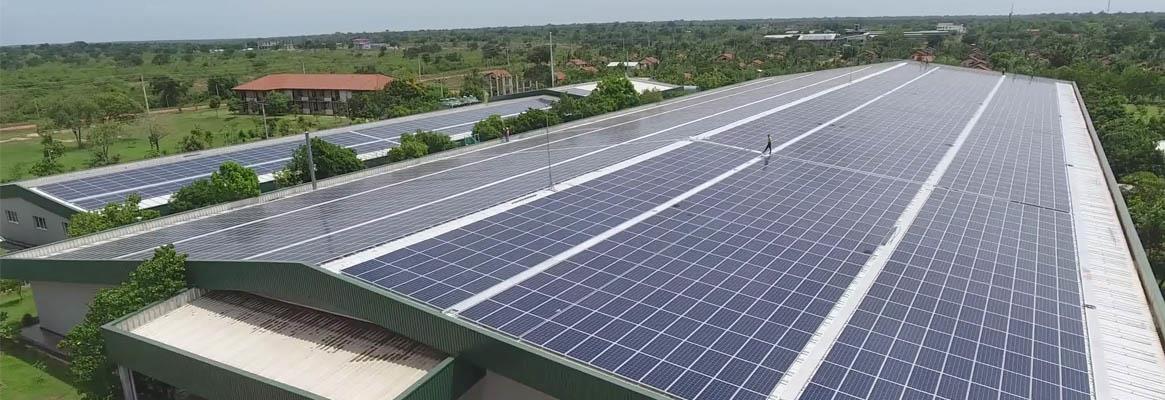Consumers across the world are questioning the impact of consumerism on the planet in terms of the plastics they use, the products they purchase, and the vehicles they travel in. When it comes to clothing, it is not only about what we wear but how it is made.
MAS, Sri Lanka’s apparel manufacturing giant in premium athleisure, sports, and intimate wear, acknowledges the need to answer these questions and is taking the initiative to inspire sustainable manufacturing across the industry. The end goal is to ensure that brands and manufacturers are committed to progressively reducing their environmental footprint and are producing clothes with a lower impact on the planet.
MAS believes that the best way for companies to achieve real change is by taking measurable steps to reach science-based targets.
The latest report by the Intergovernmental Panel on Climate Change (IPCC), a UN body making scientific assessments on climate change, underlines the unequivocal need to reduce carbon emissions to prevent future climate catastrophe.
As part of MAS’ larger strategy to reduce manufacturing impact on the planet, a photovoltaic (PV) solar solution named ‘Photon’ was initiated.
The first phase of MAS Photon – a project that leverages rooftop solar panels to reduce emissions and generate green energy – began in 2017 when 48,000 solar panels were mounted on 95,000 square meters of factory rooftops. Following the completion of Phase 1, the company generated 16 MW of solar power, kickstarting its journey towards combatting greenhouse gas emissions and reducing its dependence on fossil fuels. This project was deemed one of the largest multi-site solar PV installations in South Asia at the time.
MAS is now set to move into the second phase of project Photon. At the end of phase 2, a total of 131,000 square meters of MAS’ rooftop space will be installed with solar panels, totaling almost 64,000 panels generating 23 MW of power across 18 locations.
With phase 2, MAS targets obtaining nearly half of its energy requirement (47%) via renewable energy, an impressive increase from the 30% goal set in 2017. The company plans to achieve 25% absolute reduction of emissions by 2025.
MAS is on a journey and is doing its part by creating a blueprint for other like-minded corporates within and outside the apparel industry.
Project Photon is one of the many measurable, time-bound targets set out by MAS on the path to sustainable systemic change.
MAS believes that manufacturing can always be done right and better, and sees Photon as a key step in changing our planet for good.

20240830145908.gif)







Comments